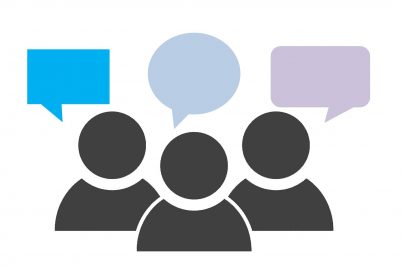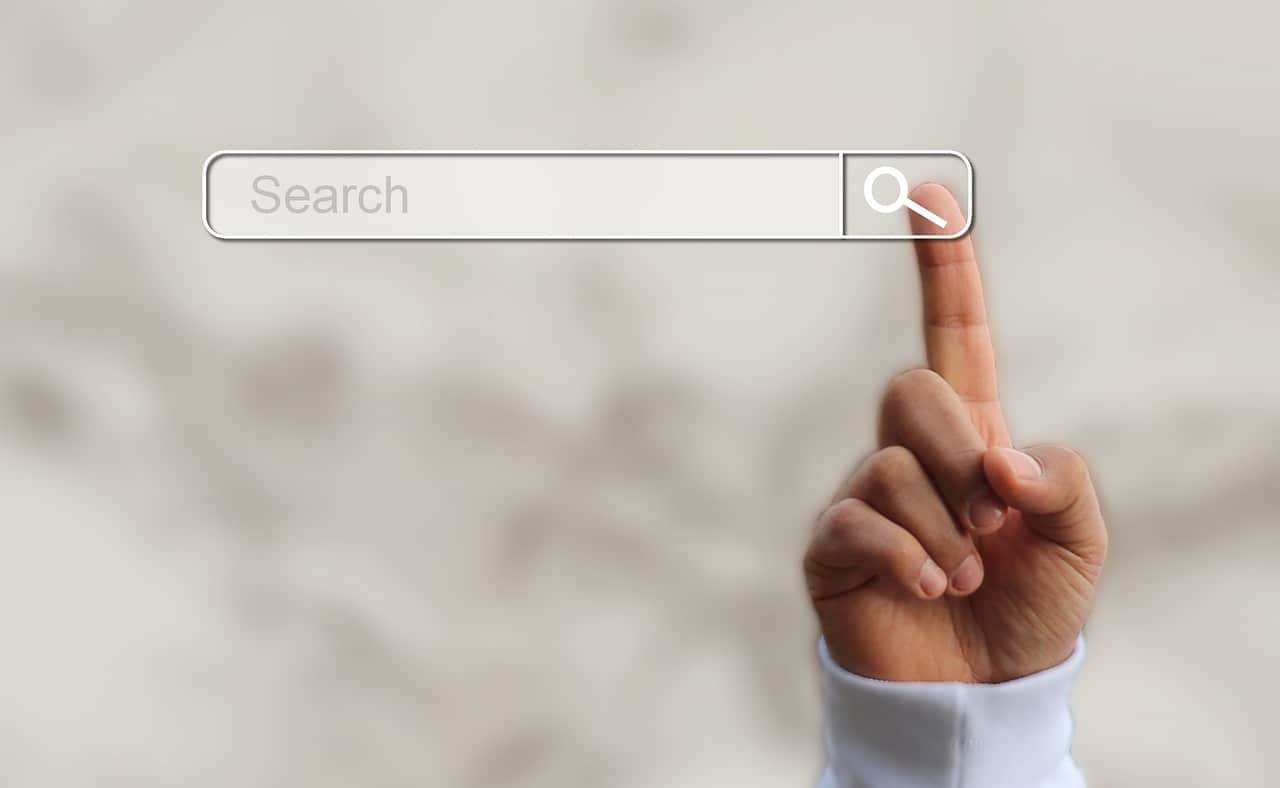“WHY WON’T YOU PUBLISH MY BOOK FOR FREE?” – A Behind the Scenes Look at a Publisher’s Expenses

Offering free services is a sure-fire way to go out of business.

Offering free services is a sure-fire way to go out of business.

I already had an artist design the cover of my book, and the inside of it, too.

“How can one book on preorder get reviews and another not?”

Marketing mistakes are time and money wasters!

An author contacted me about Self Publishing School, a.k.a. SPS. Oh yeah, I’d heard of them…

Never assume that having your book published by Amazon KDP will mean that your book will be stocked by Amazon…

Dear Amazon,
It’s been awhile since we last spoke. Remember when we sued you for anti-trust violations? Wasn’t it fun meeting face-to-face in that courtroom? And then…

I bought copies of my book through Amazon. I don’t see those sales in my publisher’s reports.

Have you considered these 5 ways to attract more readers…AND MORE BOOK SALES?

A book you’ll be publishing for the masses is NOT the place to settle a score, even if you think you’re doing it anonymously…